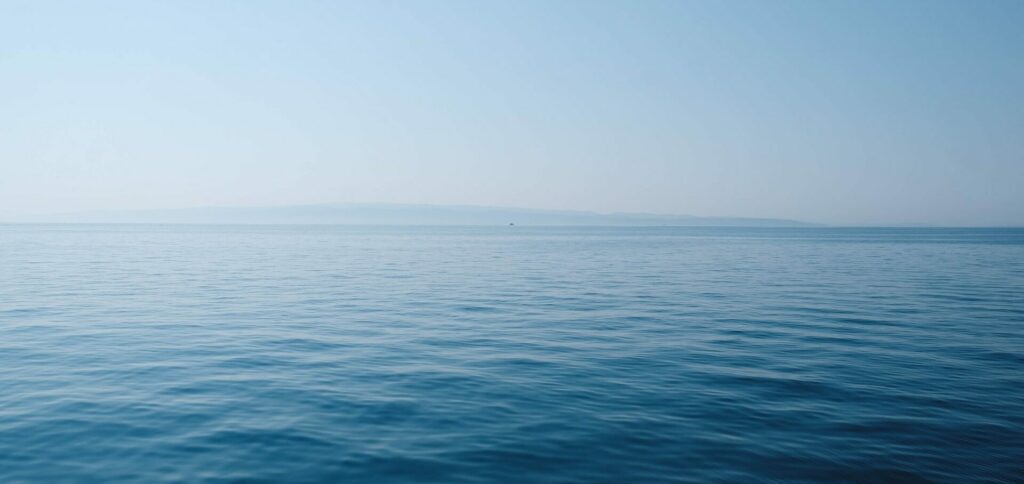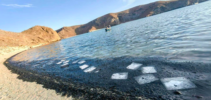(updated at 14:35 pm)
“Although we have made excellent progress, we still need a little more time to reach the goal,” declared conference president Rena Lee, adding that the plenary approved the resumption of negotiations, on a date to be defined.
ADVERTISING
After 15 years, including four previous formal sessions, negotiators have still not reached a legally binding agreement on the growing environmental and economic challenges of the high seas, also known as international waters, an area that covers nearly half the planet.
It is now in the hands of the UN General Assembly to resume the fifth session, on a date that has yet to be defined.
Many hoped that this fifth session, which began on August 15 at UN headquarters, would be the last and produce a final text on “the conservation and sustainable use of biodiversity navy beyond national jurisdiction” (BBNJ).
ADVERTISING
“While it is disappointing that the treaty was not finalized in the last two weeks of negotiations, we remain encouraged by the process that took place,” commented Liz Karan, from the NGO Pew Charitable Trusts, before calling for a new session by the end of the year.
Greenpeace was more critical, particularly of developed countries, including the United States and the European Union, which it accused of trying to act on the latter.
“Time is running out,” said Laura Meller, director of oceans at the NGO. “While countries keep talking, the oceans and those who depend on them suffer,” she added.
ADVERTISING
One of the most delicate issues is the distribution of possible benefits obtained from the development of genetic resources in international waters, where pharmaceutical, chemical and cosmetic companies hope to find medicines, products or treatments.
The high seas begin at the border of nations' exclusive economic zones (EEZ), which according to international law reach up to 200 nautical miles (370 kilometers) from the coast of each country, and are not under the jurisdiction of any State. Almost 60% of the world's oceans fall into this category. And while healthy marine ecosystems are crucial to humanity's future, particularly in limiting global warming, only 1% of international waters are protected.
One of the main pillars of an eventual treaty is to allow for the creation of marine protected areas, which many nations hope will cover 30% of the oceans by 2030.
ADVERTISING
If you want to know more about the sea conference, read this article from The Guardian *.
(with AFP)




